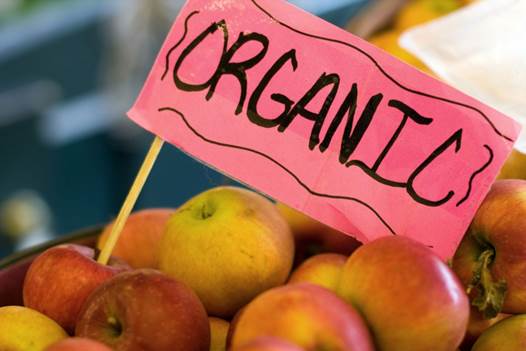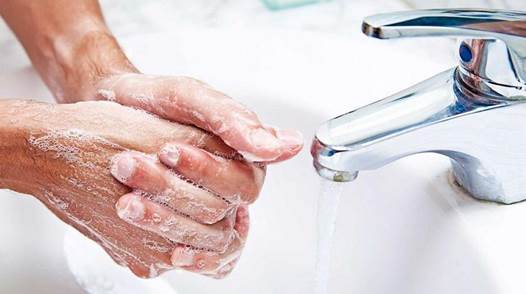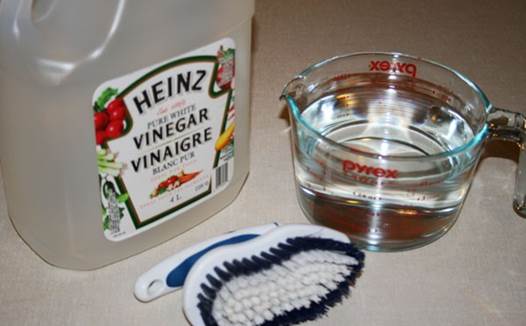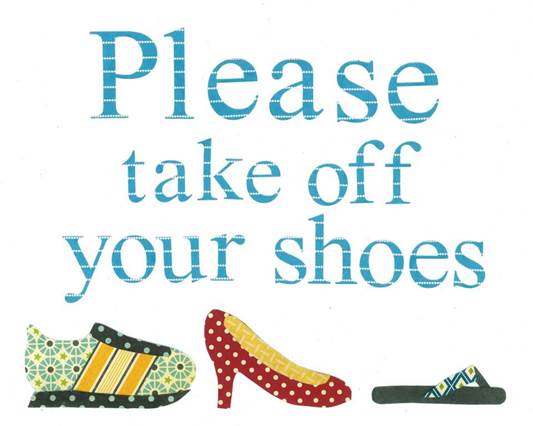8 simple steps to take today
From the moment you learned you were
pregnant, you began doing everything you could to make your body a healthy
place for a growing baby-taking prenatal vitamins, avoiding alcohol, drinking
plenty of water. But each day we encounter an alphabet soup of environmental contaminants.
Of the more than 84,000 industrial chemicals registered for use in the United
States, only about 200 have been evaluated for human safety by the
Environmental Protection Agency (EPA). While it isn't possible to eliminate
every source of exposure, here arc eight easy actions to create a healthier
environment for you and your baby.

8
simple steps to take today
1.
Open the windows
The EPA has found that indoor air quality
can be two to five times worse than outdoor air quality, which is particularly
shocking when you consider that most of us spend 90 percent of our time
indoors. But there's a lot you can do to improve the air quality in your home.
Avoid using harsh chemicals, insist that smokers light up outside, and use a
wet mop or a vacuum with a HEPA filter to keep dust bunnies at bay. If you want
your house to smell good, boil a few lemons on the stove. (Commercial air
fresheners and scented candles can be loaded with volatile organic compounds
and hazardous chemicals including phthalates and even lead.) Most importantly,
open up the windows and let in the fresh air.
2.
Eat organic apples
A study by the Environmental Working Group
(EWG) found pesticide residues on 98 percent of the conventionally grown apples
they tested, making this fruit the most heavily sprayed item in the produce
section. Some of the pesticides used are particularly dangerous to developing
children. In fact, research has found a connection between higher levels of
prenatal pesticide exposures and earlier deliveries and lower birth weights. In
addition to apples, items featured on EWG's "dirty dozen" list of
most heavily sprayed produce are celery, bell peppers, peaches, strawberries,
nectarines, grapes, spinach, lettuce, cucumbers, blueberries and potatoes.
(Learn more at ewg.org/foodnews.) Whether or not you're eating organic, make
sure to wash fruits and vegetables before eating them. While you're seeking out
healthy foods, include fish that's high in brain-boosting omega-3 fatty acids
and low in neurotoxic mercury. Good choices include wild-caught Pacific
sardines, farm-raised rainbow trout and wild-caught Alaska salmon.

Whether
or not you're eating organic, make sure to wash fruits and vegetables before
eating them
3.
Wash your hands
We think of hand-washing as a way to get rid
of germs, but rubbing your hands together under running water also washes away
such nasty contaminants as lead, flame retardants and bisphenol A (BPA). That's
important because contaminated dust is constantly settling on our hands, and
can be swallowed as we eat or touch our mouths. "People would be surprised
how much dust they eat in a day," says Sheela Sathyanarayana, M.D.,
M.P.H., an investigator within the Center for Child Health, Behavior and
Development at Seattle Children's Hospital. "It's one of the biggest
sources of exposure that we know about." Lint is another unexpected
source. Julie Herbstman, Ph.D., Sc.M., assistant professor at the Columbia
Center for Children's Environmental Health in New York City, says you should
always wash your hands well after cleaning the dryer filter because lint is
little more than highly concentrated household dust.

"People
would be surprised how much dust they eat in a day," says Sheela
Sathyanarayana, M.D., M.P.H.
Researchers who study halogenated flame
retardants, chemicals that are used in electronics, home insulation and foam
furniture (all of which contribute to household dust) have linked these toxins
to a variety of reproductive and neurological problems, including anti-social
behavior, reduced 10 and low birth weight. Meanwhile, BPA can collect on our
fingers after we handle thermal cash register receipts, which are treated with
the chemical. When washing your hands, avoid anti-bacterial soaps, which can
contain endocrine-disrupting compounds like triclosan, shown to be dangerous
for pregnant women. "The American Medical Association says that regular
soap and water works as well as anti- bacterial cleaners," says Sonya
Lunder, M.P.H., senior analyst with the EWG.
4.
Scrub with vinegar
Commercial cleaners can be laden with harsh
chemicals like ammonia and bleach, as well as with a variety of compounds, such
as phthalates, toluene and ethanol- amines, known to be hormone-disruptors,
carcinogens, neurotoxins and respiratory irritants. To clean without chemicals,
try plain old white vinegar. It's great for disinfecting, dissolving soap scum
and fighting odors. You can use it straight or diluted with water to clean
floors, toilets, counters, car- pets and mirrors. Other useful, non- toxic
cleaners are baking soda and castile soap, such as Dr. Bronner's. A few drops
of tea tree oil add anti- microbial power. To learn what's in the commercial
cleaners you use and get recommendations for less toxic alternatives, visit
EWG's guide to healthy cleaning (ewg.org/guides/cleaners).

To
clean without chemicals, try plain old white vinegar
5.
Season with salt
Thyroid hormones are crucial to your baby's
cognitive development, and iodine is essential for the production of thyroid
hormone. But many women don't get enough iodine in their diets, a deficiency
that can lead to lowered 10, attention deficit and hyperactivity disorders in
their babies. Adding to the problem is a chemical called perchlorate, a
widespread environmental pollutant that originates in rocket fuel and can now be
found in much of the nation's drinking water and in irrigated produce.
Perchlorate can block the thyroid's uptake of iodine and has been found to
lower the amount of iodine in breast milk, short-changing babies who need the
nutrient for their growing brains. Pregnant women should have 220 micrograms of
iodine a day, an amount you can easily get by seasoning your food with a half
teaspoon of iodized salt or by taking a prenatal vitamin that includes iodine.
Breastfeeding moms should up their iodine intake slightly to about 290
micrograms per day, or three-quarters of a teaspoon of iodized salt.
6.
Take off your shoes
It's easy for environmental toxins to hitch
a ride indoors on our shoes. That includes contaminants like lead, pesticides,
and polycyclic aromatic hydrocarbons (PAHs) from coal-tar pavement sealant, all
of which can affect your baby's developing brain. One EPA-funded study also
found that weed killers from lawns could be tracked into the house as long as a
week after the chemical was applied. Carpets in particular tend to trap
tracked-in contaminants in their fibers. Make it a habit to leave your shoes by
the door and change into a comfy pair of house slippers. (You can even keep a
basket of slippers at the door to offer guests.)

Make
it a habit to leave your shoes by the door and change into a comfy pair of
house slippers
7.
Use glass or ceramic dish
Plastic is convenient, but it breaks down
over time. When it does, its chemical components can leach into our food,
exposing us to endocrine disruptors like BPA and phthalates. Heating plastics
accelerates that process, which is why you should never microwave in plastic or
use plastic to store, stir or serve hot food. Drinking fresh water is important
while you're pregnant, so make sure your water bottle is made of glass,
stainless steel or BPA-free plastic. Use glass containers to store leftovers
and limit your plastic ones to those with the chasing arrow logos showing the
numbers 1, 2, 4 or 5.
8.
Kick the cans
The chemical BPA is used in the linings of
many food and drink cans, and has been associated with neurological,
reproductive and behavioral problems in children who were exposed to it in the
womb. Replacing canned foods and drinks with fresh or frozen ones is an easy
way to eliminate a major source of exposure. How big a difference can it make?
A study published in the Journal of the American Medical Association found that
people who ate a single serving of canned soup for five days in a row had 1,000
times more BPA in their urine than people who ate homemade soup.